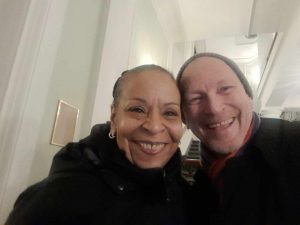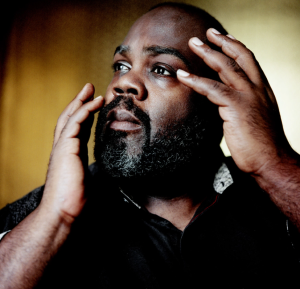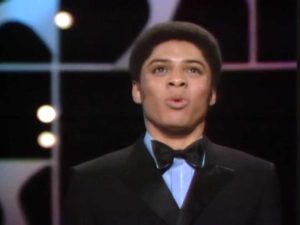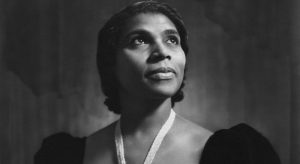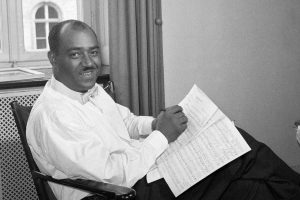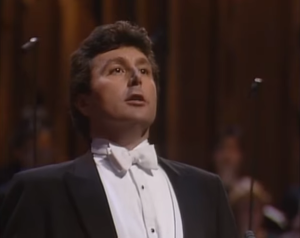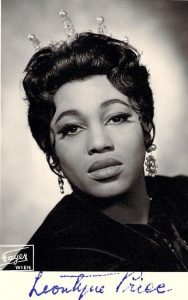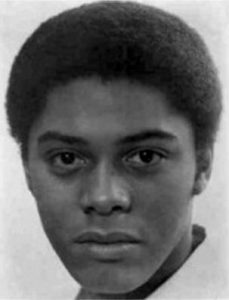Podcast: Play in new window | Download (Duration: 1:36:35 — 102.3MB) | Embed
Subscribe: Spotify | TuneIn | RSS | More
This is an episode I never dreamed I would have to produce. But alas, the great Roberta Alexander has unexpectedly departed this earth this past Tuesday evening, on the three-week anniversary of my beloved mother’s death. Listeners to Countermelody know how much I revered her artistry, and how much I valued our special friendship. In fact, just last week as David and I escaped for a few days to the Netherlands for my birthday, I had been in touch with Roberta, hoping that we could see each other, but she was still recovering from a serious illness from last summer that, in the end, proved too much for her heart, no matter how kind and generous it was. I’m reminded that on the same day I published my first all-Roberta episode, in honor of her birthday in 2023, her dear friend and colleague Kenneth Montgomery died, also unexpectedly. Today’s episode is the fifth (but certainly not the last) time that I will honor Roberta, not only the kindest yet most straight-shooting, but also the least pretentious world-class singer I have ever known. For today’s tribute I have chosen music that, begging your indulgence, is for the most part, valedictory. Yet I also sought to foreground both her extraordinary versatility as well as her profound powers of communication, in music ranging from Handel to Bernstein, Mozart to Berg, Wilder to Janácek, all of it gloriously performed. Many of the recordings, as is my wont, are extremely rare, yet at the same time cherishable. There will be a bonus episode this weekend featuring many of the selections that ended up on the cutting room floor today. Roberta may no longer be with us, but on my podcast, she will always be prominently celebrated as the great singer, teacher, mentor, and friend that she was. Requiescat in pace, dear one.
Countermelody is a podcast devoted to the glory and the power of the human voice raised in song. Singer and vocal aficionado Daniel Gundlach explores great singers of the past and present focusing in particular on those who are less well-remembered today than they should be. Daniel’s lifetime in music as a professional countertenor, pianist, vocal coach, voice teacher, and author yields an exciting array of anecdotes, impressions, and “inside stories.” At Countermelody’s core is the celebration of great singers of all stripes, their instruments, and the connection they make to the words they sing. By clicking on the following link (https://linktr.ee/CountermelodyPodcast) you can find the dedicated Countermelody website which contains additional content including artist photos and episode setlists. The link will also take you to Countermelody’s Patreon page, where you can pledge your monthly or yearly support at whatever level you can afford.
